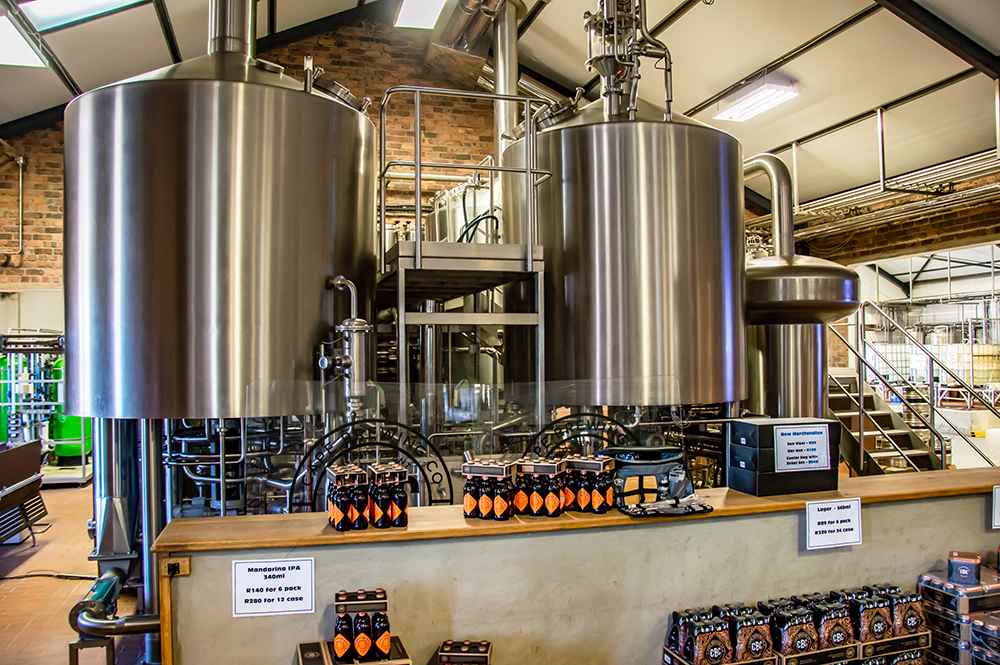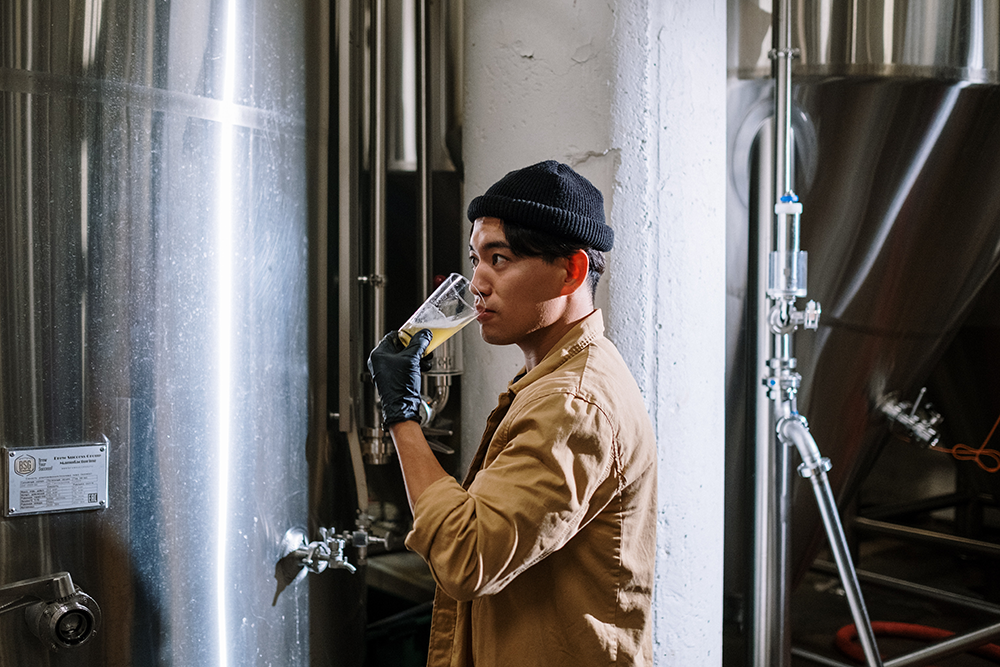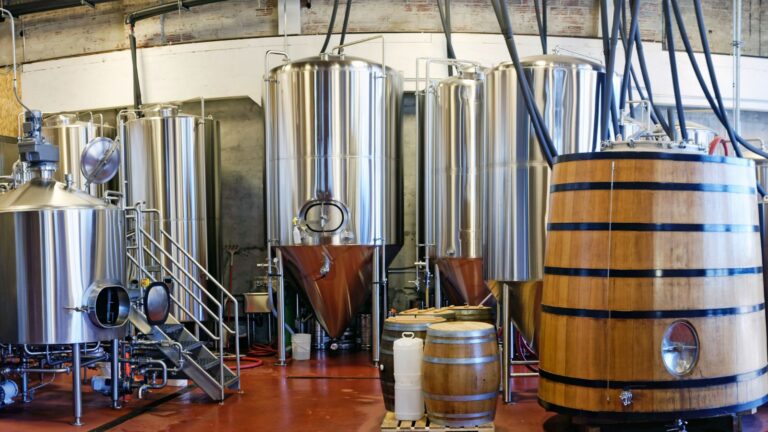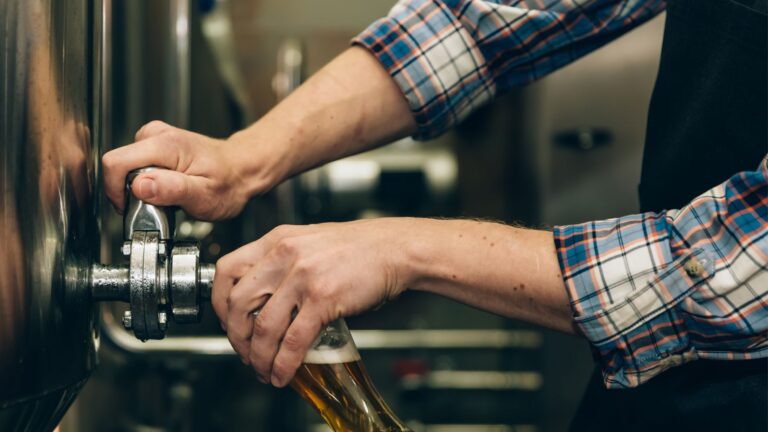5 Mistakes You're Making With Your Brewery Cash Flow in 2023

A brewery is just one type of business that requires professional accounting expertise to better ensure its success.
While this type of business might seem a little more fun than, say, a paper-making business, it, too, requires special oversight from an accounting professional to document and assess certain metrics that gauge the business’ performance, including cash flow or the in-and-outflow of cash of the business. While cash flow is just a single metric for gauging the business’s profitability, it is nonetheless a very important one.
Here are some mistakes you may be making when it comes to the cash flow of your brewery business. Making a mental note of these potential pitfalls can help you catch yourself as you’re making them, or prevent you from making them altogether.
Brewery Cash Flow Mistake #1: Neglecting your bookkeeping
Yes, yes, bookkeeping is not the most exciting chore ever but it is important for any business, including a brewery business.
What is bookkeeping, exactly? Bookkeeping, as the name implies, is the process of keeping “the books” of a business current. This means verifying and filing receipts, depositing and managing payments, and recording these in your Xero accounting software to keep track of all expenses and maintain clear records of all business transactions.
Keeping atop of a business’ bookkeeping includes keeping track of its cash flow, maintaining a budget, keeping current on its bills including taxes, as well as planning for the business’s future
While all that may seem tedious, this will ensure the health of the brewery business.

Brewery Cash Flow Mistake #2: Insufficient working capital reserves
While the costs of running a brewery are not quite as significant as businesses with notoriously low-profit margins, such as restaurants, running a brewery is definitely not cheap. The first year of a brewery is often its most expensive year, with startup costs that can range from $500K to $1.5 Million.
Startup costs include equipment and technology, a large space for brewing, and state and/or local liquor licenses. After the startup period, ongoing operational costs include food, utilities, marketing, parking, and more.
Considering that the cost of running a brewery is not cheap, it’s important to keep some spare cash on hand in case of an unexpected expense. If, for example, a large brewing tank needs to be replaced, sufficient working capital reserves would allow for that replacement without the company needing to borrow money on credit.
There are multiple types of capital reserves that a brewery business can establish. For example, a general capital reserve is a money set aside without a specific purpose, other than it being set aside for the business to use at its discretion, when necessary. A specific capital reserve is a money set aside to be used for a specific purpose when that purpose arises.
Regardless of the category designation of the working capital reserve, it is important to have spare money set aside in the form of working capital reserves. That way, if the brewery business encounters an unexpected cost, there is money set aside to pay for it without the need for touching incoming cash flow.
Brewery Cash Flow Mistake #3: Premature expansion
Since running a brewery is so expensive, it is important to carefully scale the business in a way that contains costs.
When the brewery business expands too quickly, it risks failure because it becomes too expensive and too difficult to manage. Expansion means hiring extra staff, managing and catering to customer acquisition, working with a distribution company, and possibly, extra locations.
Expansion for a brewery business means lower margins, more staff on payroll, more customers to cater to, and market expansion that the business may not be quite ready for. These aspects of premature expansion may cost the brewing business unnecessary time and money, ultimately eating into its bottom line and adversely impacting the business’s cash flow.

Brewery Cash Flow Mistake #4: Failure to cater for taxes
Taxes are not fun but they are a necessary, legal obligation of running any business, including a brewery business.
Traditionally, the US imposes sin taxes on certain goods or services, which applies to the brewery industry because it involves the sale of alcohol. To maintain compliance, a brewery business is legally obligated to file paperwork with the Alcohol and Tobacco Tax and Trade Bureau (TTB) and Brewer’s (or Brewpub) Report of Operations (BROP).
There is a standard excise tax rate due, as well as the multiple forms to accompany it. The amount of this particular tax due usually depends on the amount of beer sold.
In addition to the taxes assessed on a business for being involved in the alcohol trade, a brewery business is also responsible for the standard local, state, and federal taxes which apply to all businesses.
It is important to pay all of these taxes and file all the associated paperwork due in a timely manner. This will avoid being assessed fines and penalties by the IRS or the local and state tax agencies.
While taxes are ordinary operating expenses of a business, fines, and penalties for filing late or failure to file are expenses that can eat into the cash flow of a business and therefore should be avoided.
Brewery Cash Flow Mistake #5: Late financials & monitoring
Consistent monitoring of financial information and the timely filing of all tax forms is standard procedure for running a brewery business. If margin and cash flow monitoring are lax, then the brewery business becomes in danger of underperforming or failing entirely.
That’s why it’s important to retain an experienced accounting professional to help oversee a brewery business’s financial situation and keep abreast of it. Hiring an experienced brewery accountant can help you avoid the potential pitfalls of running a brewery business and ultimately, help maximize its cash flow.
Don’t have a brewery accountant that you’re happy with? You can book a free 15-minute chat with us anytime by using our form here.
Until next time!



